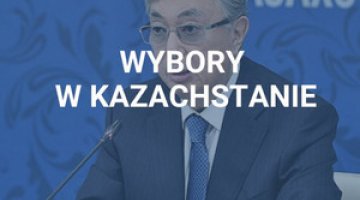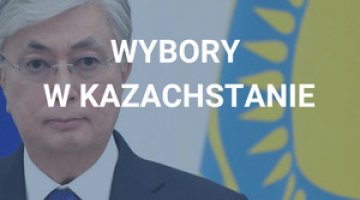Kazakhstan – an end to ‘Kazakhgate’
On 6 August James Giffen, former advisor to President Nursultan Nazarbayev, admitted to tax irregularities and the American prosecutor announced the withdrawal of corruption charges which had been levelled at him since 2003. The final decision of the American court in this case (November 2010) will mark the closing of the biggest corruption scandal in Kazakhstan and bring an end to speculation concerning the possibility of making charges against President Nazarbayev and will clear the air in relations between Astana and Washington.
Giffen’s case, which had been dragging on since the end of the 1990s, began to gain pace in 2003 when he was accused of passing millions of dollars worth of bribes on to the leadership of Kazakhstan in exchange for access to oil fields. The fact that President Nazarbayev’s name was appearing in the context of the USA’s largest ever foreign corruption scandal was exceptionally disadvantageous for Astana. However, it is unlikely that the settlement which will lead to Giffen being sentenced for tax irregularities and not for corruption had little to do with the efforts of the leadership of Kazakhstan. The conclusion of the ‘Kazakhgate’ case is in fact a result of Giffen’s line of defence; he stated that he was cooperating with the CIA and the necessity of declassifying CIA documents made the withdrawal of the main charges a foregone conclusion. As a consequence of this Giffen faces a maximum six month sentence as opposed to what could have been several years in jail. It can also not be ruled out that the settlement was reached due to the increased significance Astana has in Washington’s policies (e.g. due to Kazakhstan’s role in the Afghanistan mission), one expression of which was America’s support for Kazakhstan’s chairing of the OSCE. The conclusion of the trial enables an end to be brought to a case which over the last decade has unsettled President Nazarbayev and put US-Kazakh relations under a cloud. <wol>




